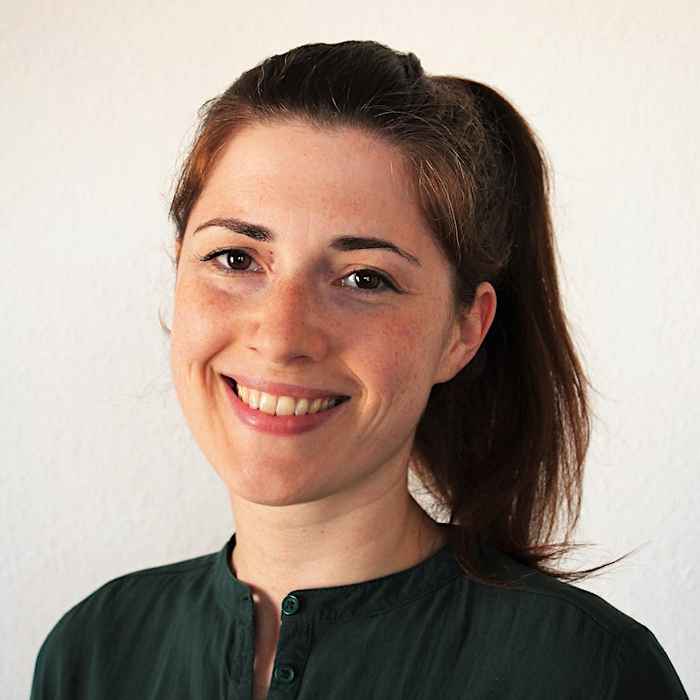A framework to develop small-scale design interventions in public space (Hybrid)
- Date
- 29 May 2024
- Time
- 16:00 -17:00
- Location
- Oude Turfmarkt 145-147
- Room
- Library
Research from psychology, design research, and human geography shows a variety of interrelations between the built environment and a person's emotions, cognitions, and behaviors. Following these lines of research, design interventions in the urban context may contribute to citizens' mental health and wellbeing through creating physical stimuli for specific activities (e.g., opportunities for more active lifestyles, reducing stress, and increasing social interaction). Gradually, evidence from this interdisciplinary field integrates into the discourse on urban planning and design. However, in many cases, approaches ask for comprehensive and cost intensive long-term interventions that are difficult to implement in existing urban settings.
Against this backdrop, we propose a framework that utilizes existing urban features and is based on small scale design interventions to stimulate activities, which may contribute to mental health and mental health literacy. The framework encompasses two levels: (1.) Considering the proceduraldimension of developing these interventions, it builds upon the assumption that only a sufficient level of participation in the design phase allows for these design interventions to be effective for a broad range of citizens. This includes both relevant societal stakeholders as well as diverse academic perspectives. At the same time, an evidence-based selection of suitable surroundings broadens possibilities to make use of restorative resources of the respective spatial context. (2.) On an output level, the framework aims at artifacts that represent situative opportunities in the sense of affordances, including preventive and discursive elements while addressing synergies between both.
In this talk, we will outline key themes from the current state of the art in the field of health-promoting design and environmental psychology regarding mental health and the urban context. Based on this, we will illustrate the conceptual framework mentioned above as a theoretical starting point for further discussion.

About the speakers
Dr. Helena Müller holds a doctorate in psychology. She is research associate at Darmstadt University of Applied Sciences and co-founder of the research and design start-up‘Designinstitut für Gesunde Gestaltung’. With a background in environmental and architectural psychology, her work is dedicated to the relationship between people and their environments, with a particular focus on housing, mental health, ageing, and urban development.

Dr. Jonas Rehn-Groenendijk holds a doctorate in design research and is an industrial designer. He is research associate at Darmstadt University of Applied Sciences and co-founder of the research and design start-up ‘Designinstitut für GesundeGestaltung’. His research and teaching focus on the relationship between design, behavior, and experience in the context of health promotion and sustainable development. He has teaching experience in Germany, Switzerland and the UK and is reviewer. As host of the podcast "Gesunde Gestaltung", he aims to present people and approaches of health-promoting design.
Programme
| 16:00 | Presentation |
| 16:30 | Q&A |